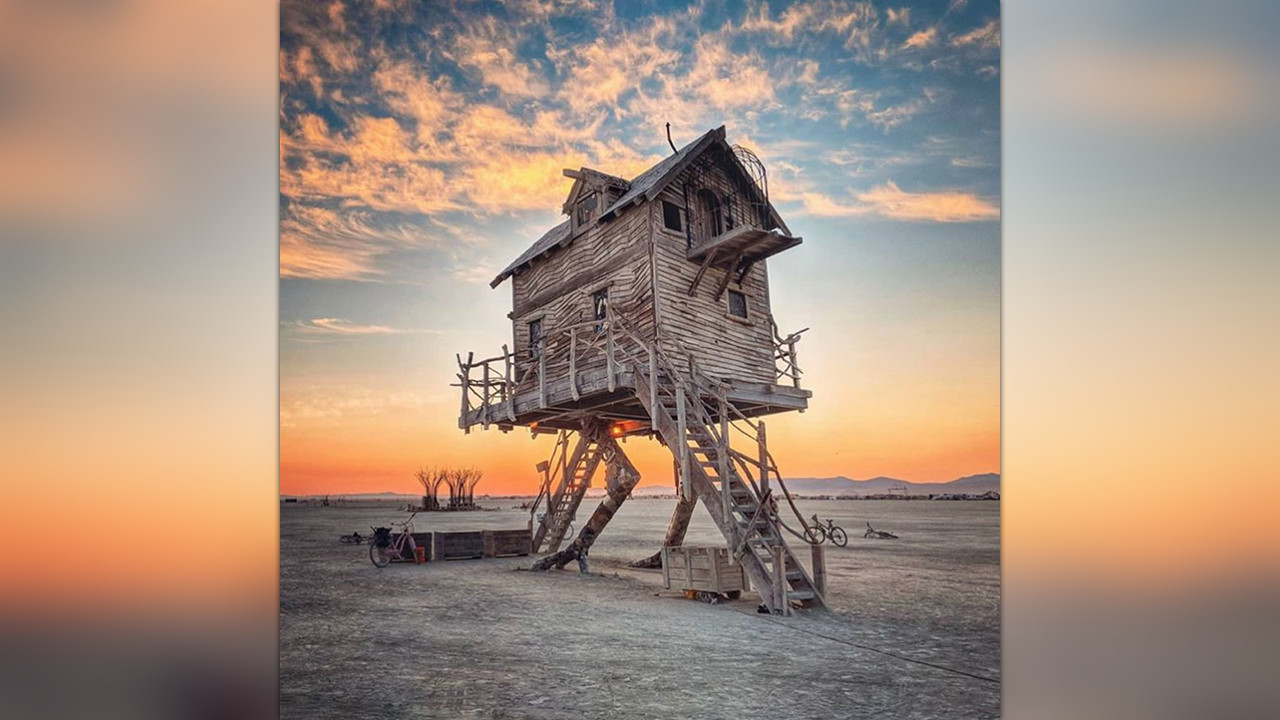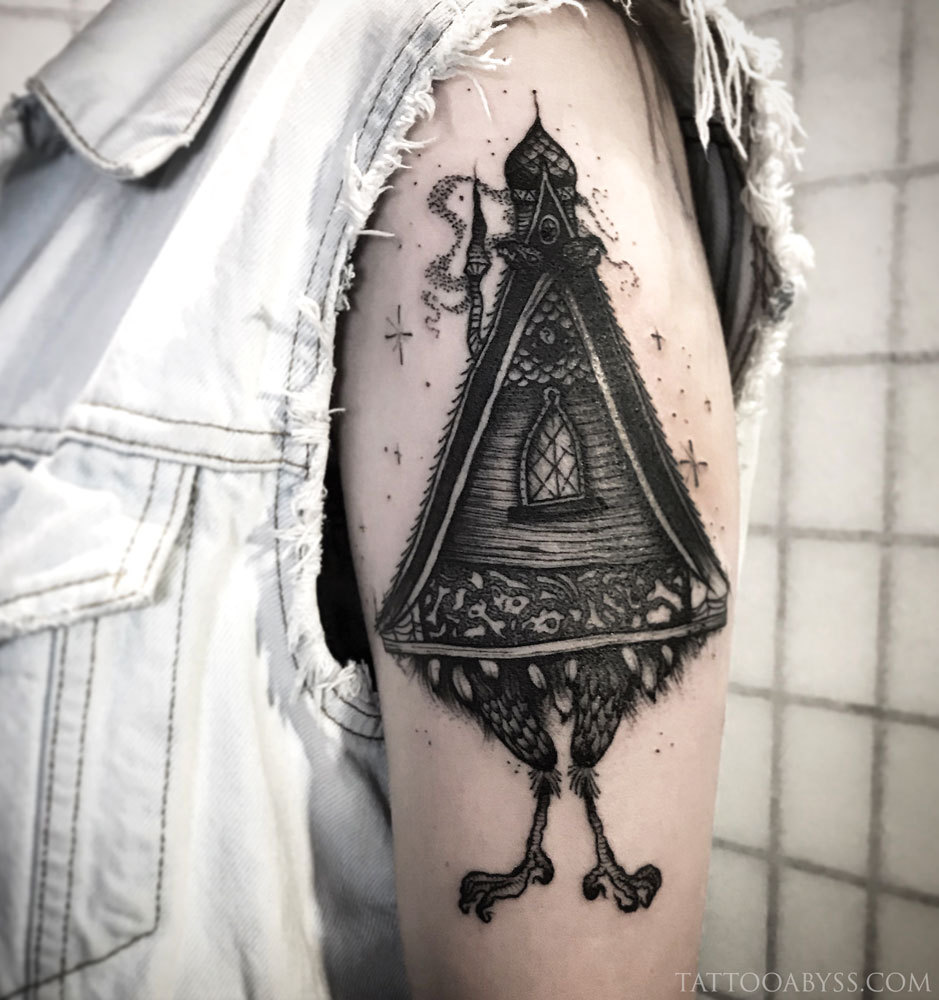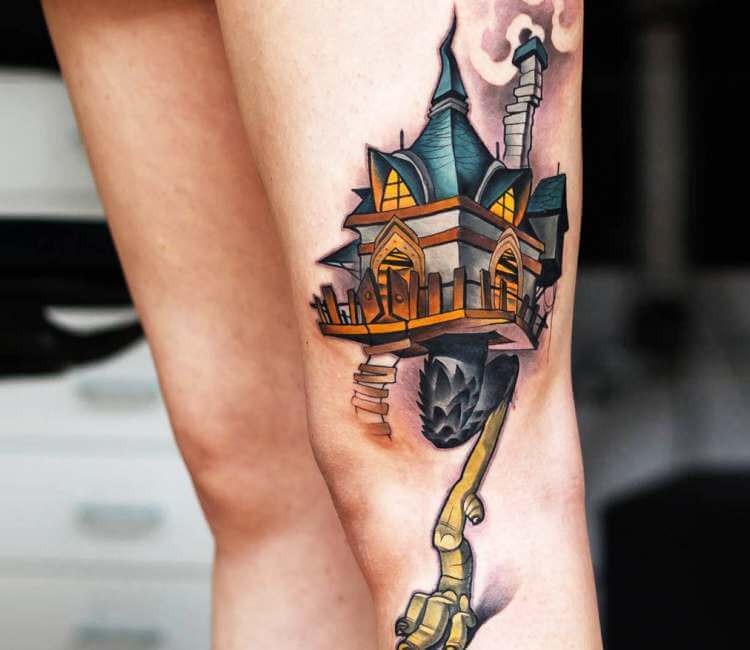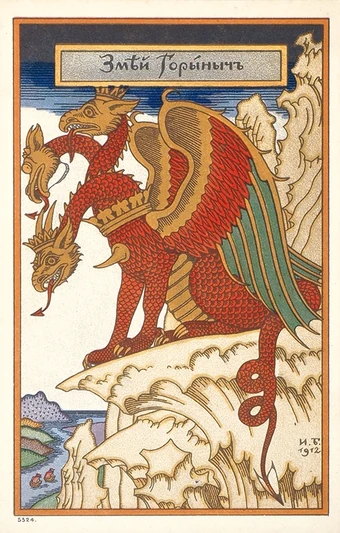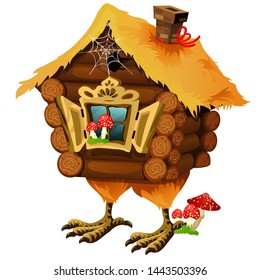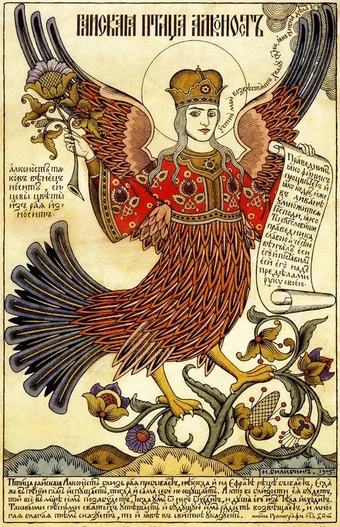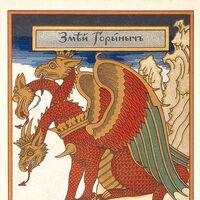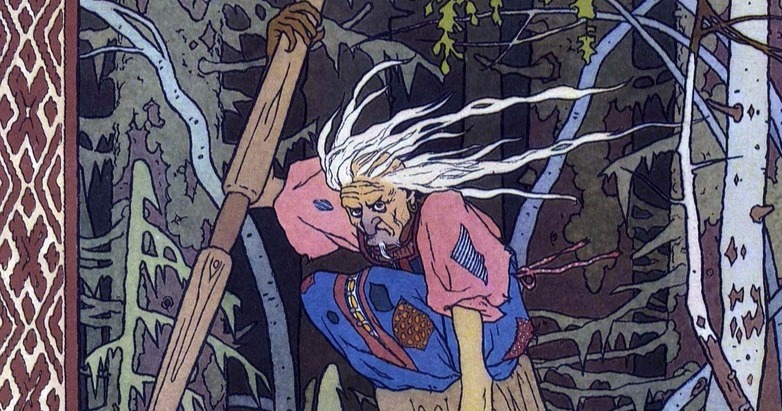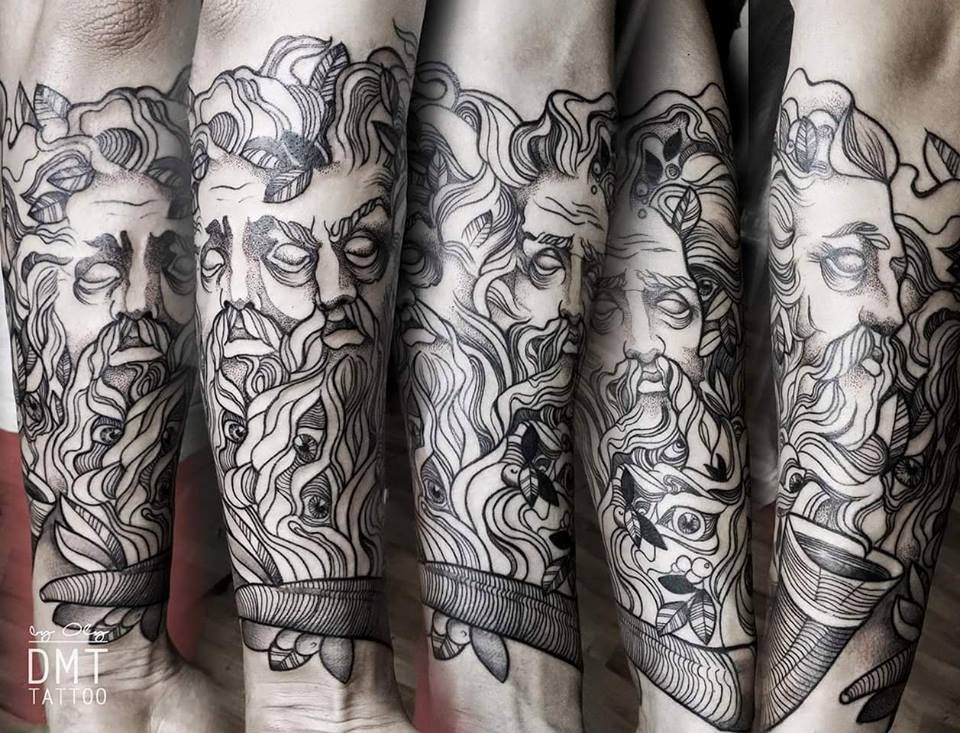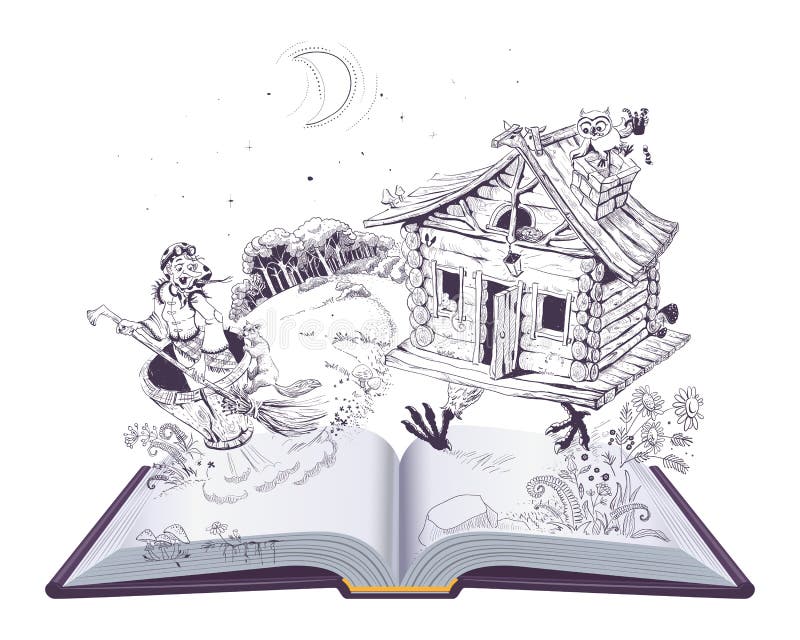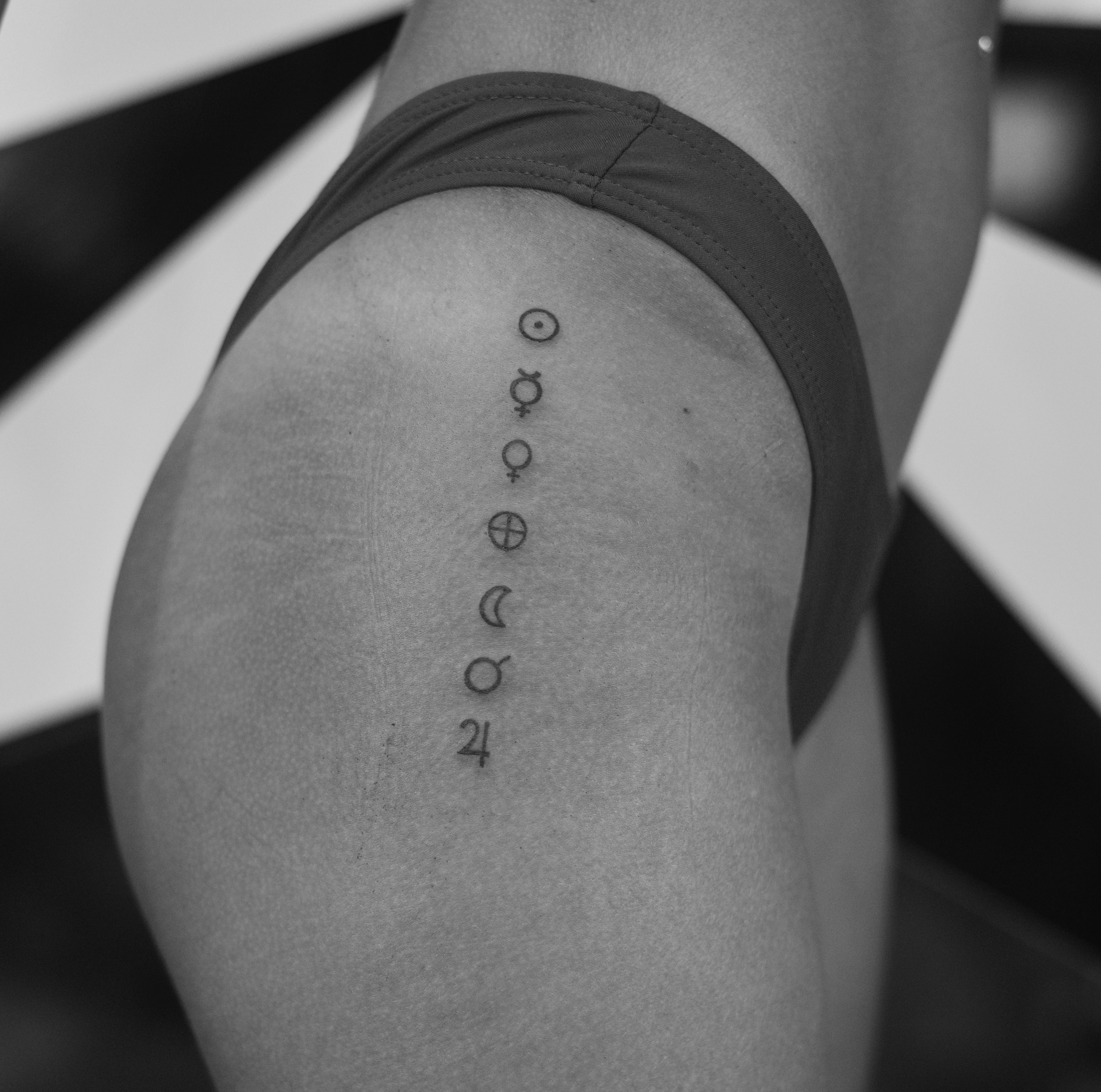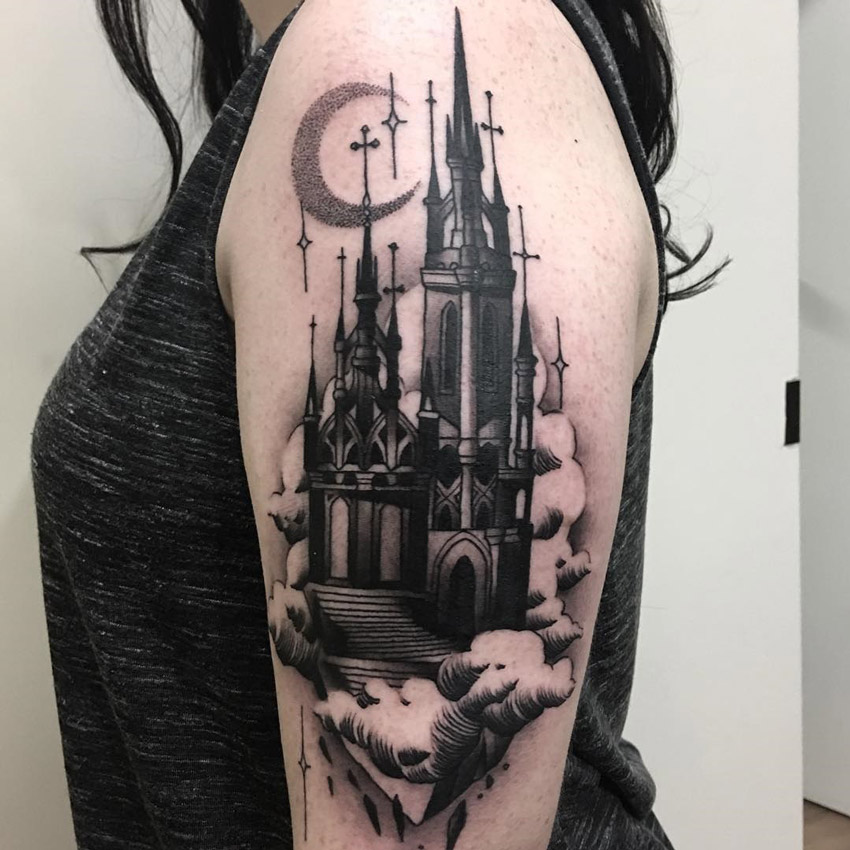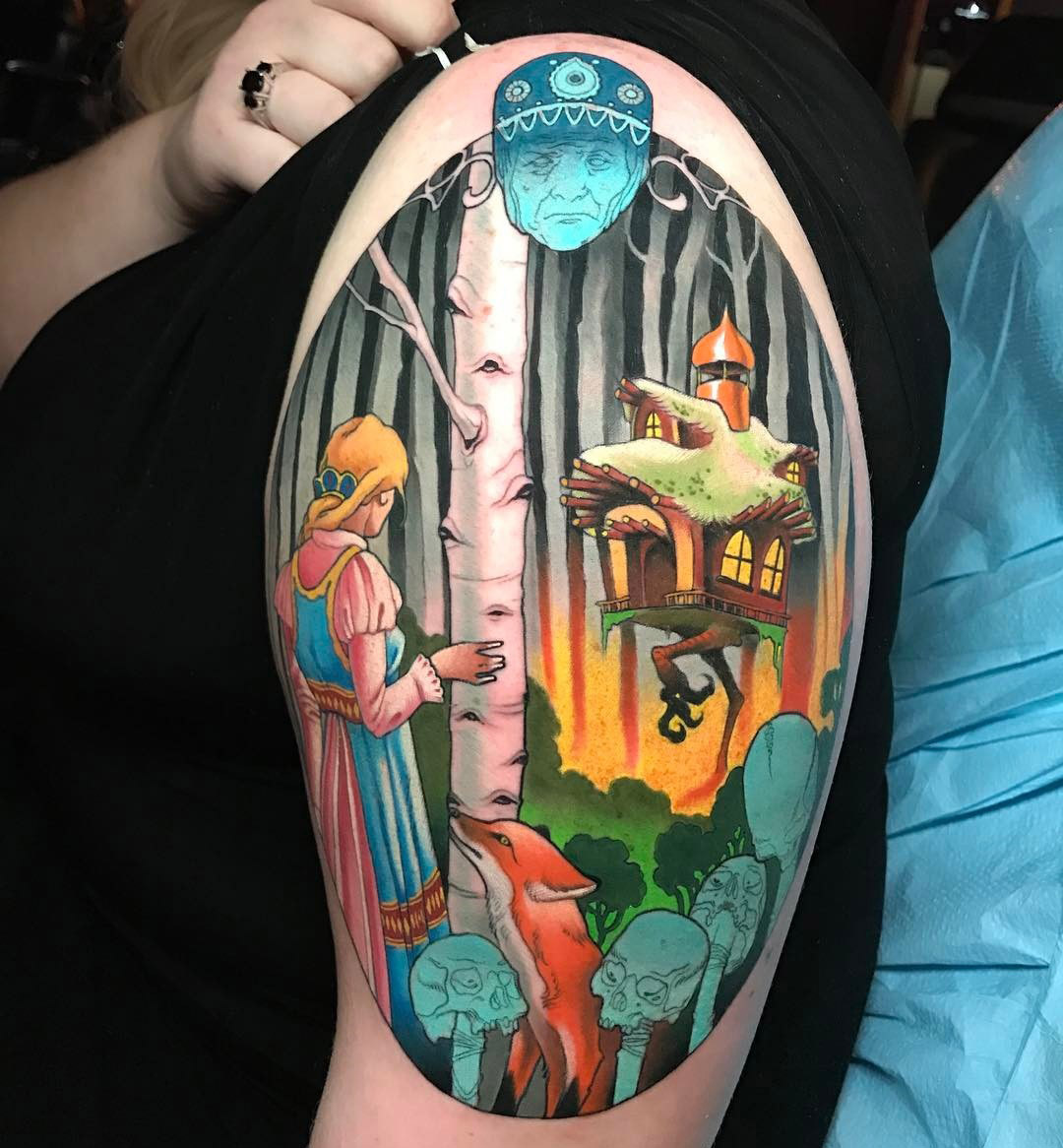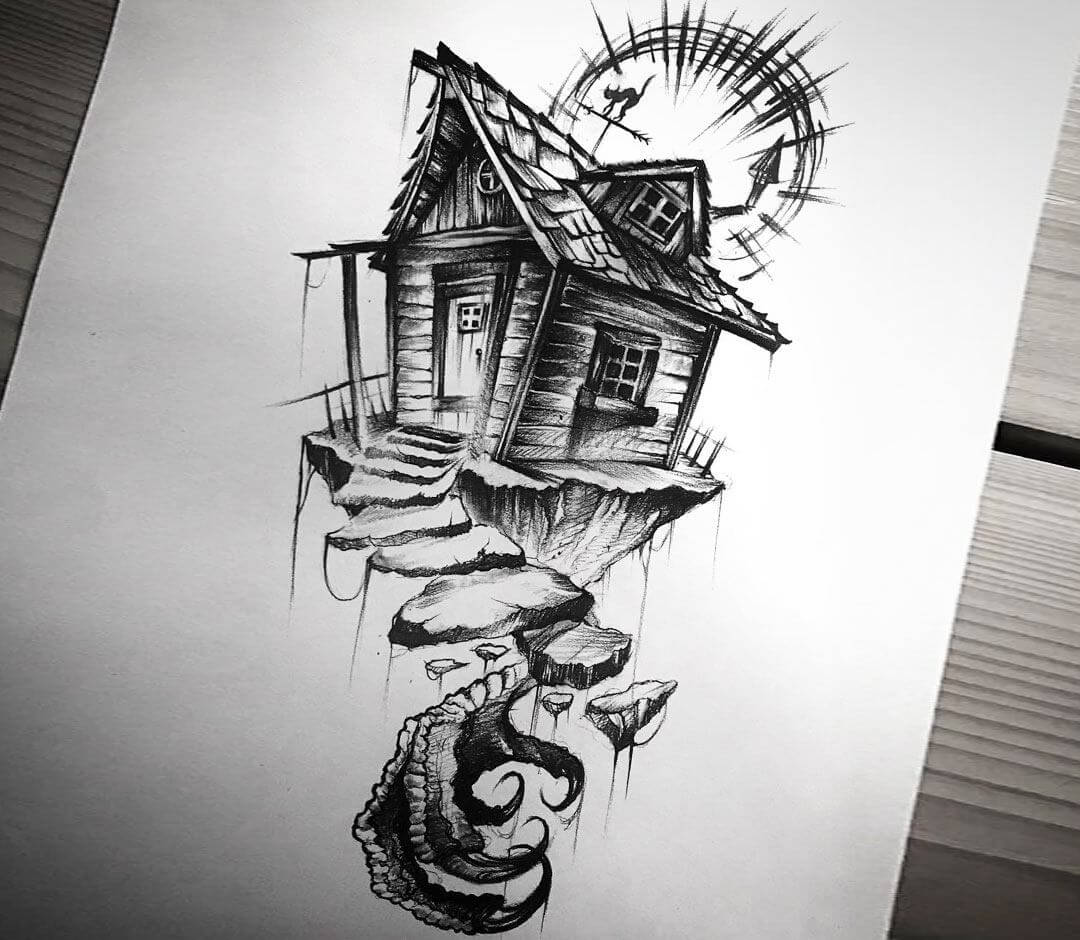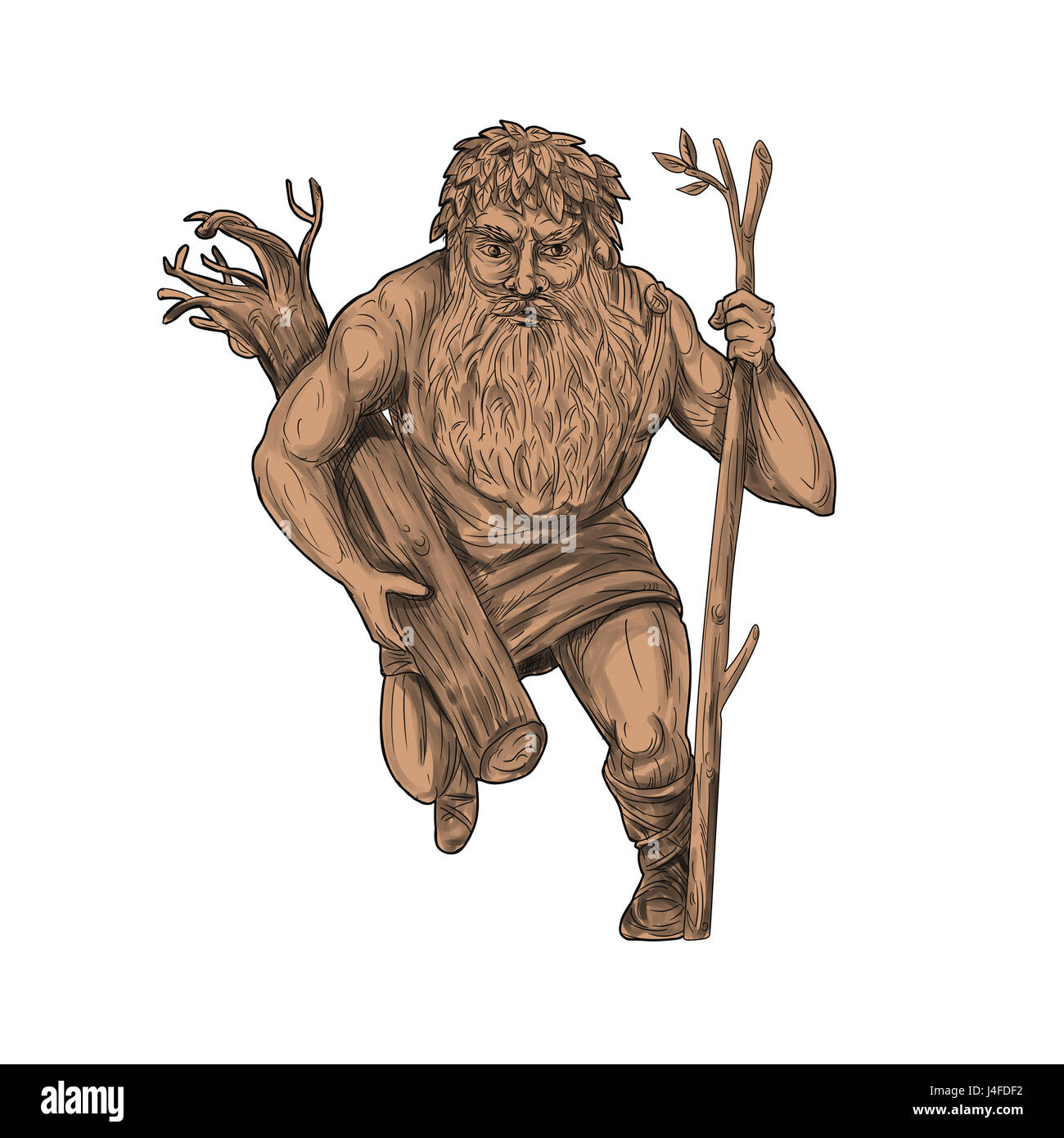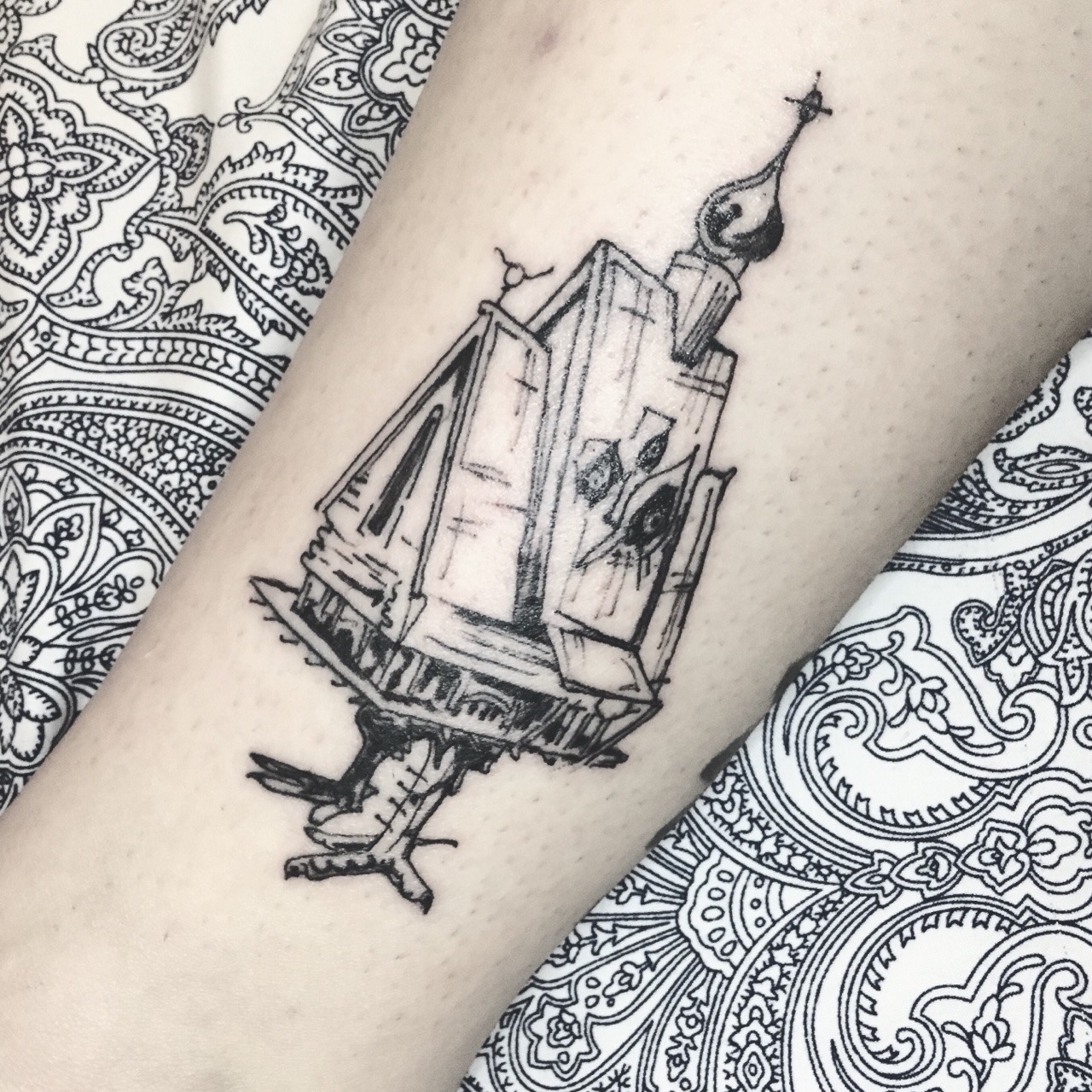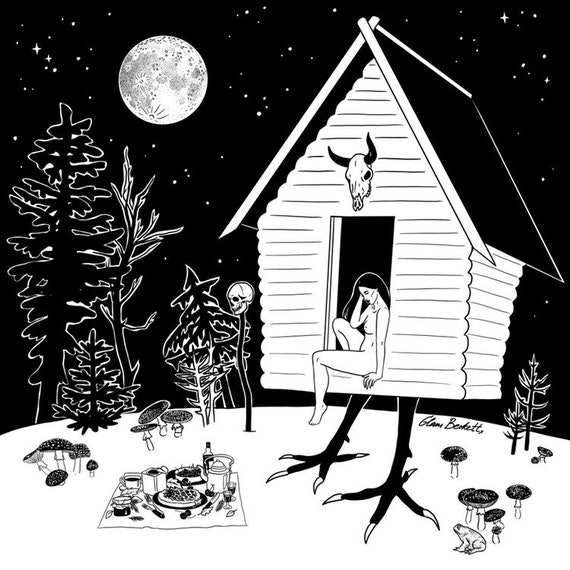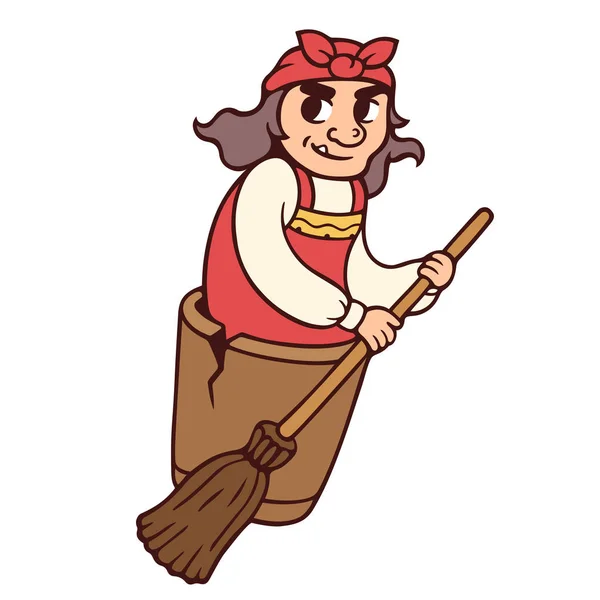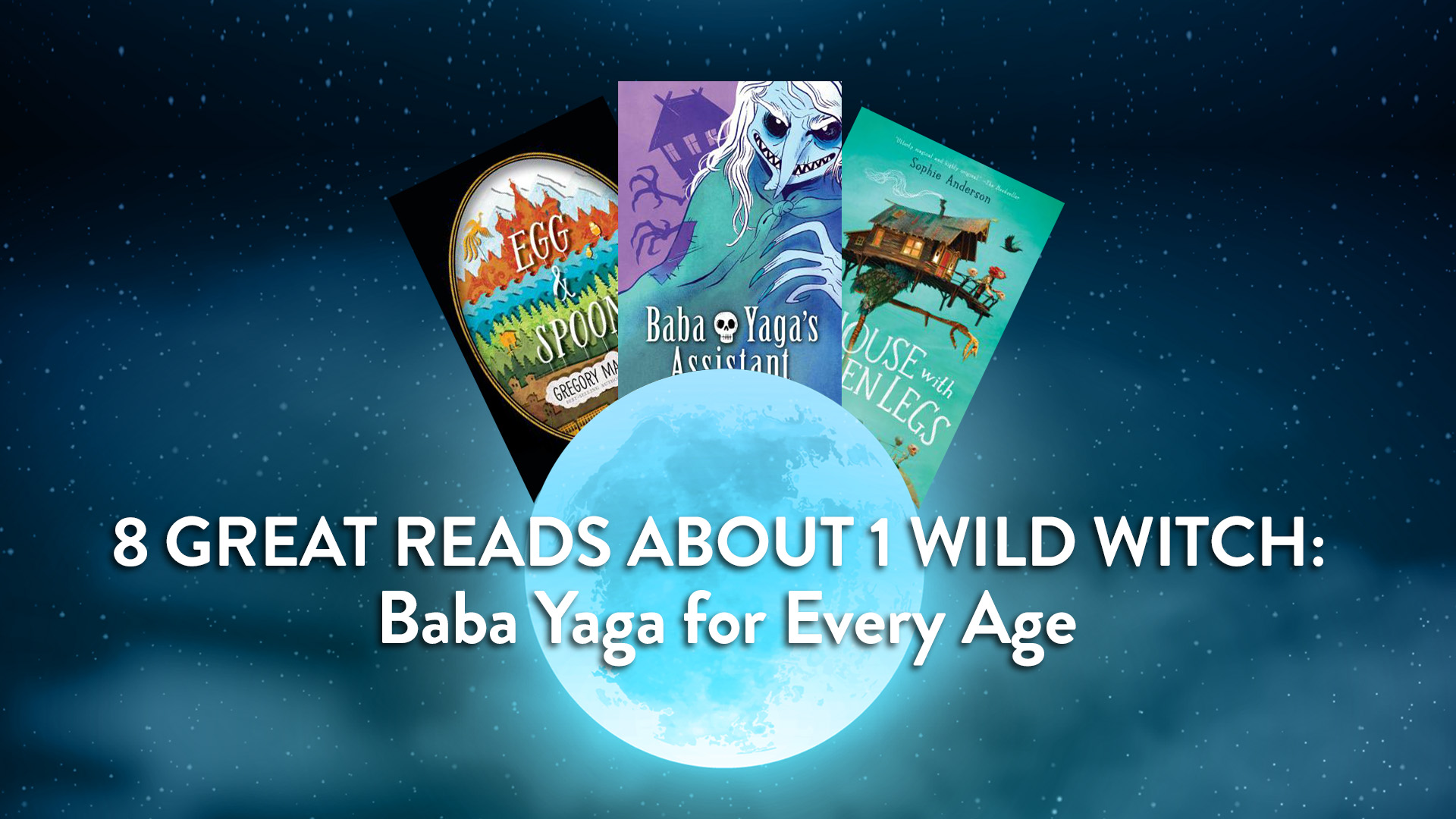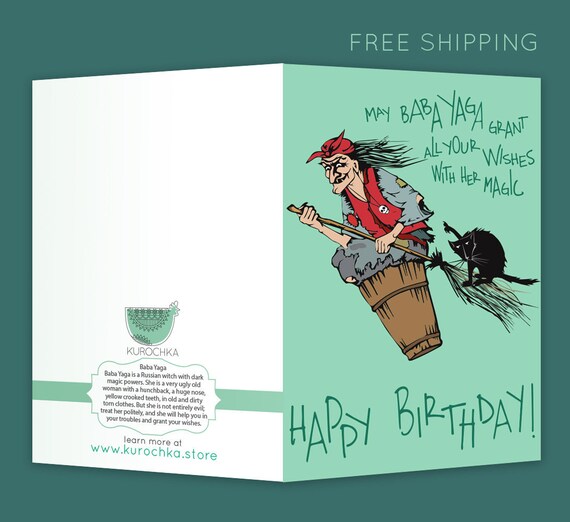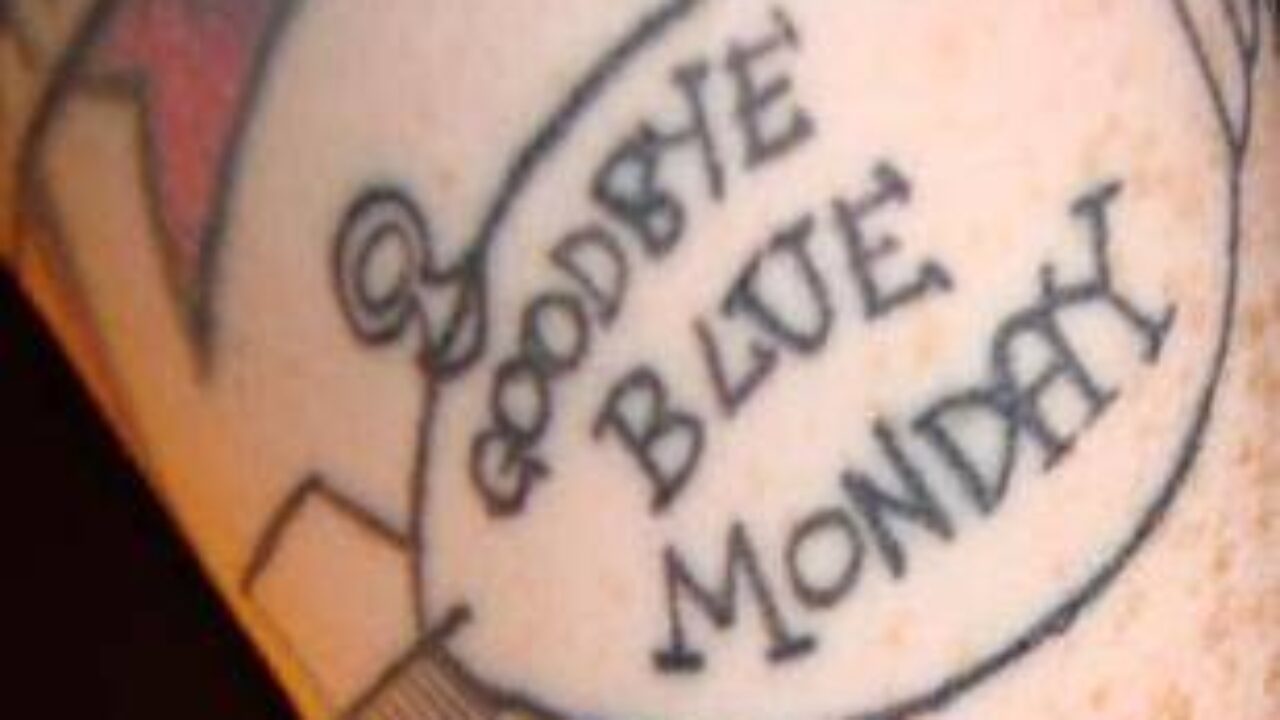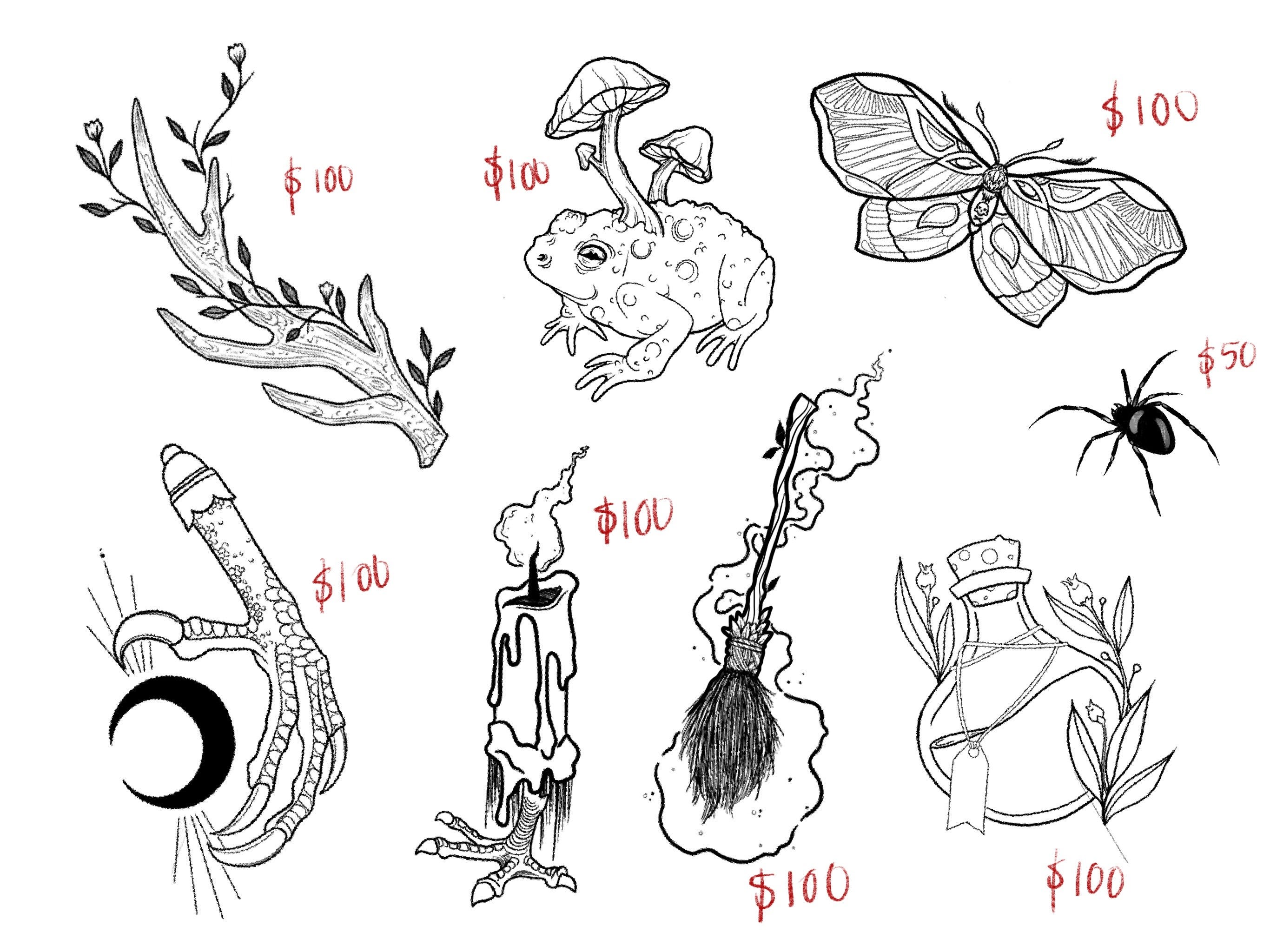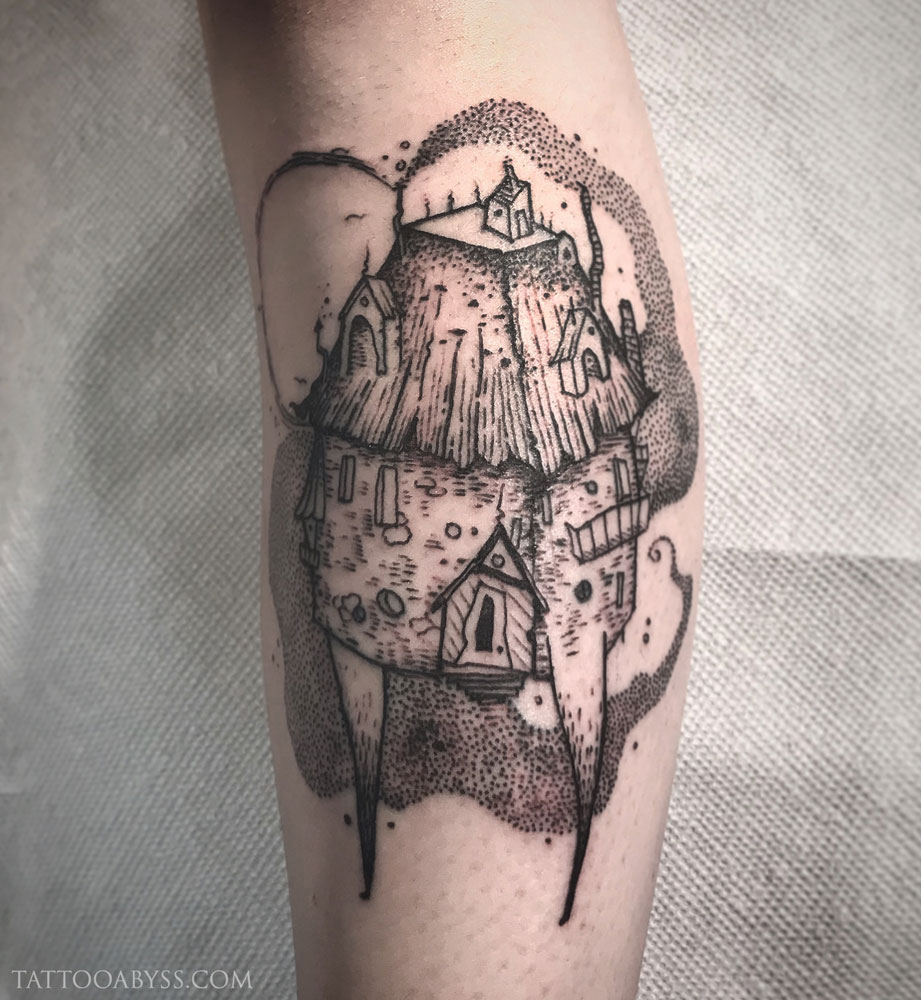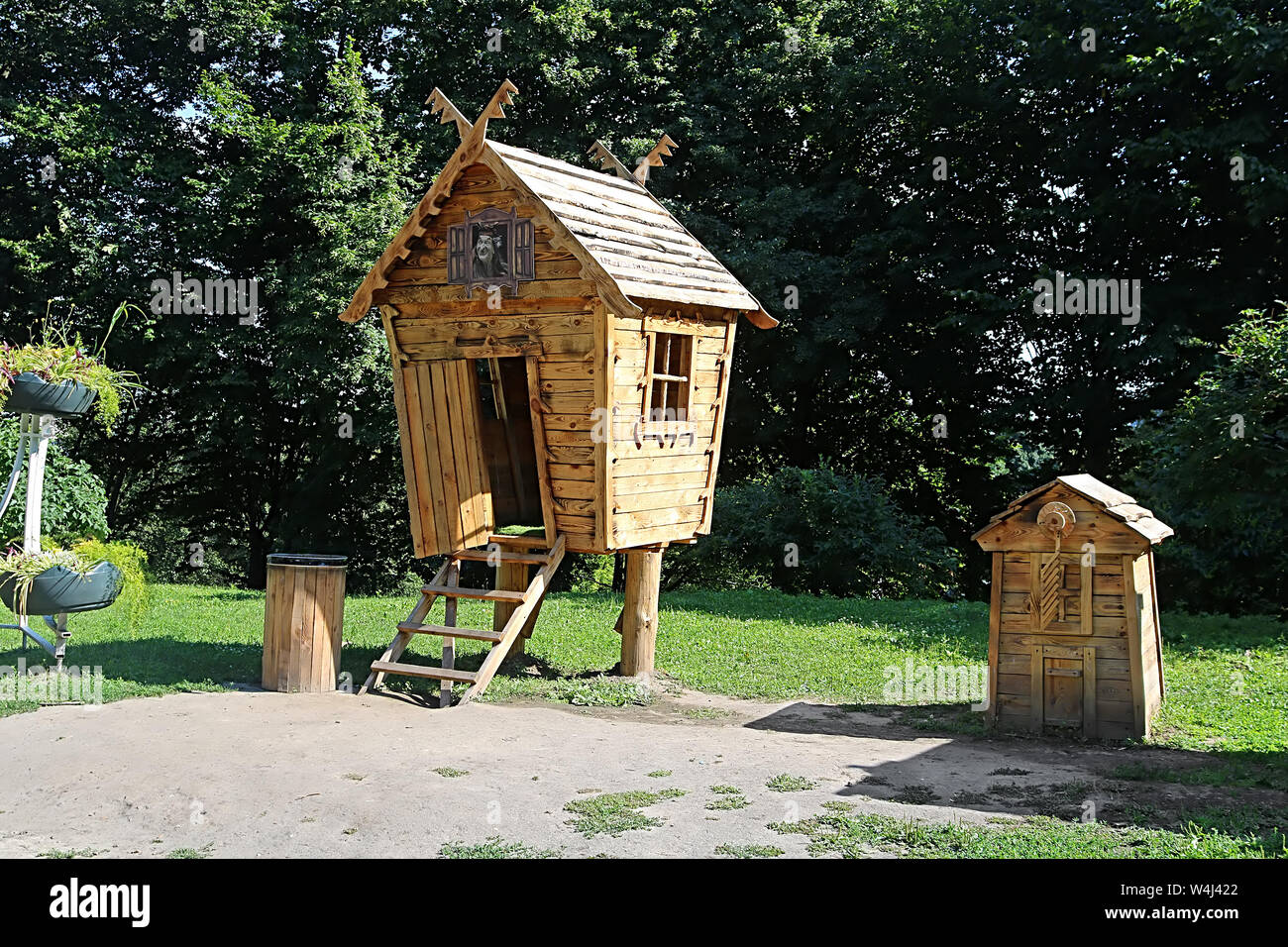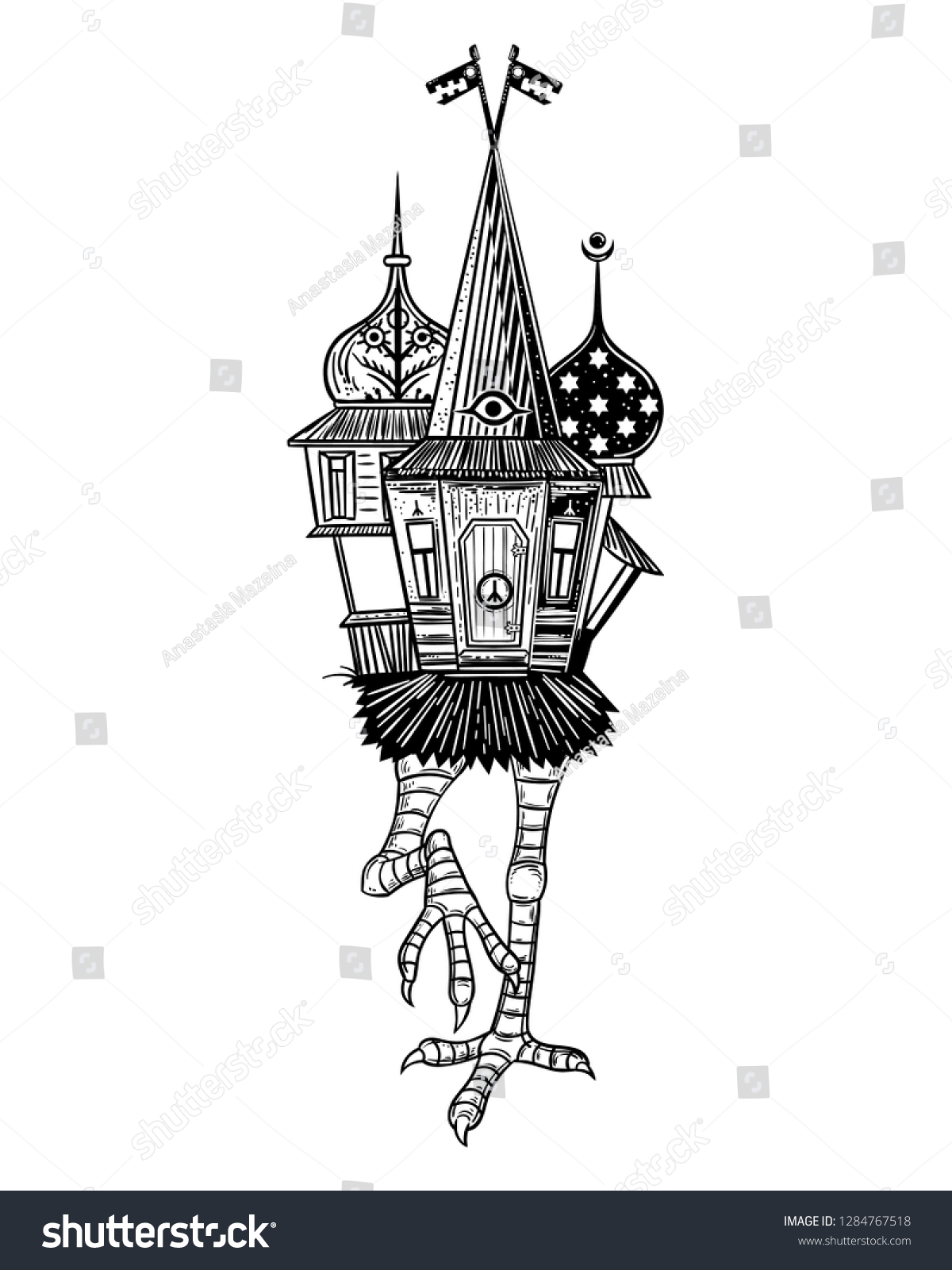24+ Russian Folklore Baba Yaga Tattoo
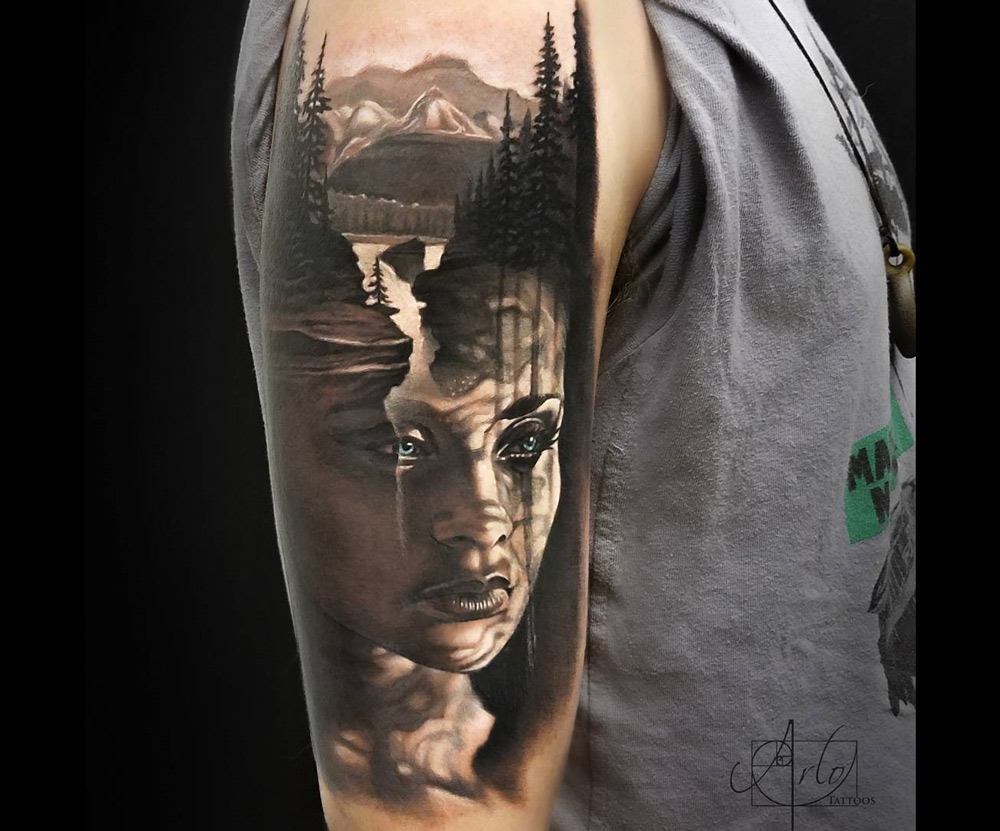
Jun 2 2020 explore onceuponablog s board baba yaga followed by 3741 people on pinterest.
Russian folklore baba yaga tattoo. The word means horror and shudder in serbian and croatian anger in slovenian witch in old czech wicked wood. See more ideas about baba yaga fairy tales slavic folklore. Main themes of russian folklore include the journey of the hero the triumph of kindness and humble attitude over the clergy s arrogance and the dual nature of baba yaga who initially symbolized mother nature but was depicted by christians as a scary creature. Half witch half evil deity she can takes many aspects. Baba yaga is a famous character coming from russian folklore. Baba yaga s name can be roughly translated as an evil old witch. Russia was under tatar occupation nearly 400 years.
What does baba yaga mean. Baba yaga actually originated from babai aga a male tatar ruler. She is a crone hideous to look upon. She lives in a hut surrounded by a fence of bones. Aga is a tatar honorific title. See more ideas about baba yaga inspirational tattoos slavic folklore. Tales are picturing her capturing children to eat them.
Russian folklore comes from the slavic pagan tradition. Baba yaga tattoo by mrink piece based on the russian folklore story of baba yaga tattoo done on woman s upper arm by paul marino an artist based in bensalem pennsylvania usa. According to folklore she lives in a kind of dwelling that connects our world to the netherworld. The most famous one is an old woman but she certainly can be more seductive. The first written reference to her was in 1755 in mikhail w. See more ideas about baba yaga fairy tales slavic folklore. Lomonosov s russian grammar baba has been translated as old woman hag or grandmother depending on which slavic language is being referenced yaga or iaga has no definitive scholarly consensus.
Jul 13 2020 explore michele matucheski s board baba yaga followed by 205 people on pinterest. Jan 30 2013 explore mistersissy s board baba yaga tattoo on pinterest. Her roots lie in the ancient slavic goddess of death and birth she flies through the air in a mortar rowing with a pestle or in a cauldron sweeping the traces of her path with a broom.
